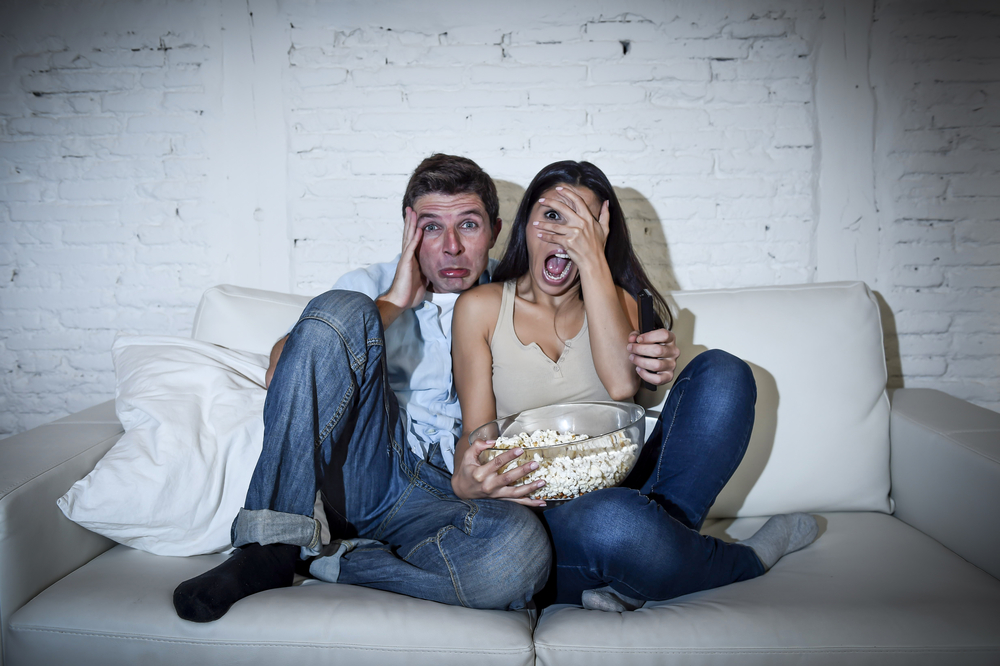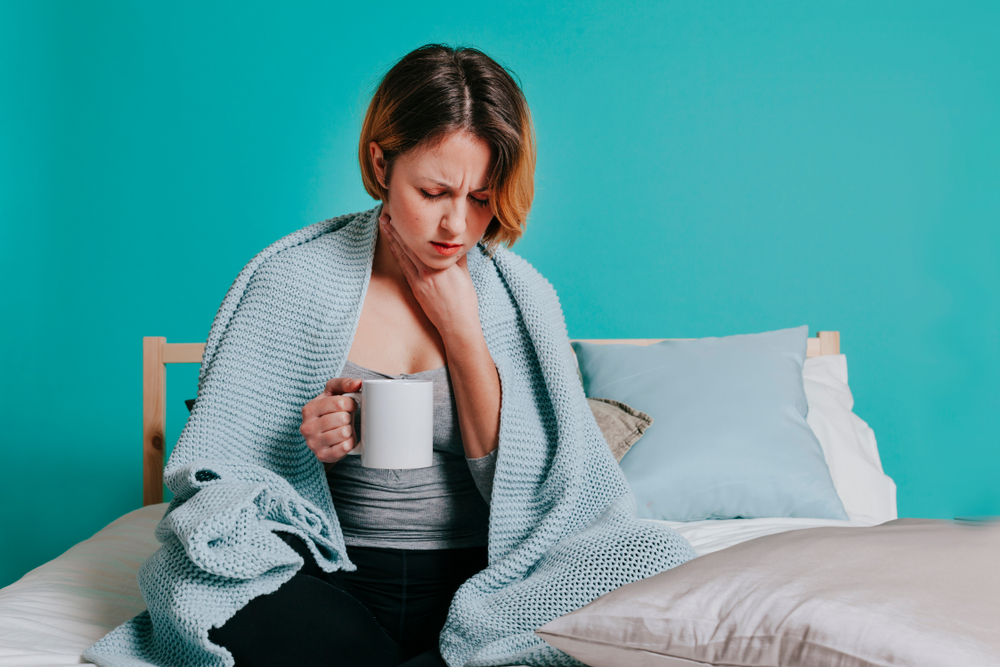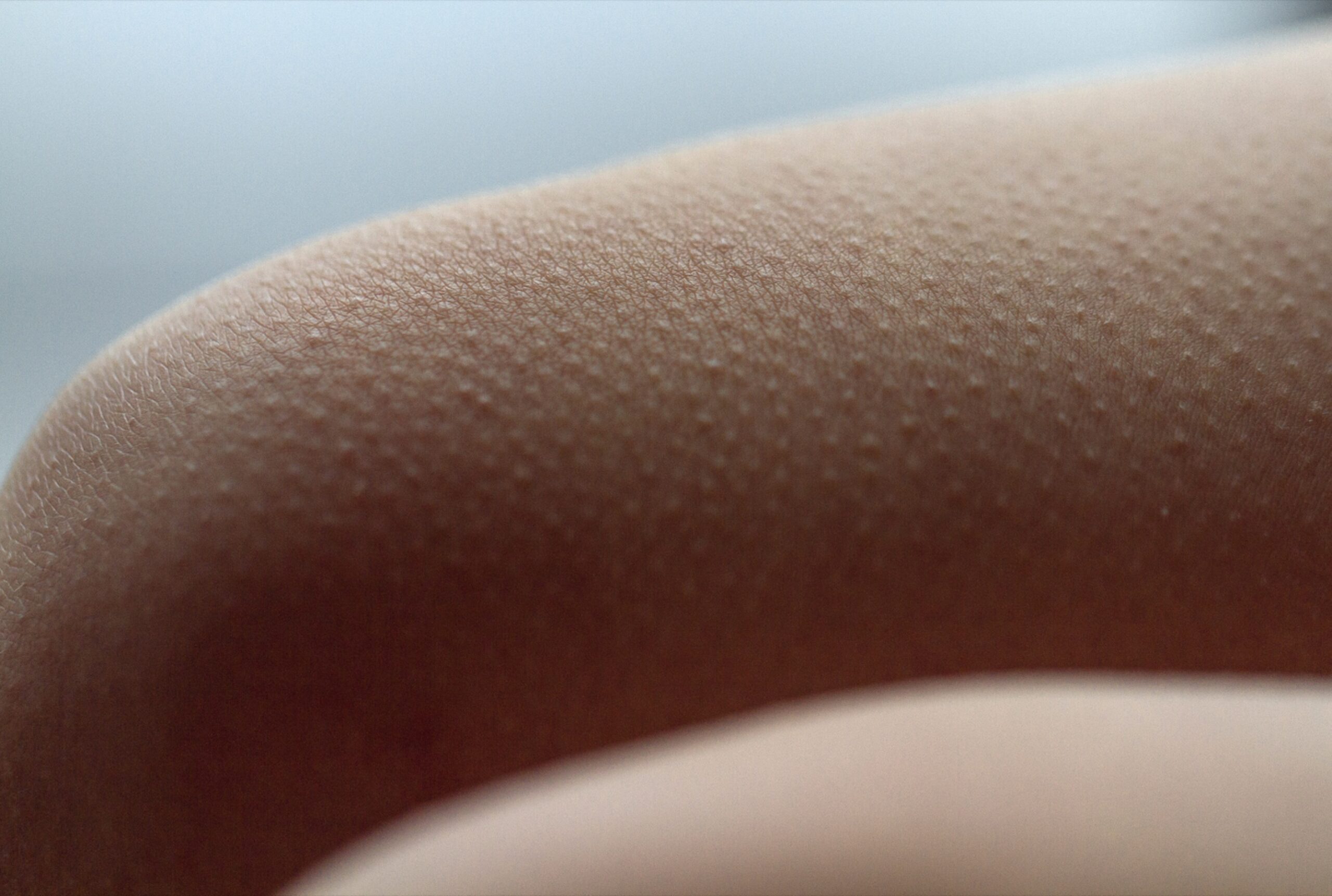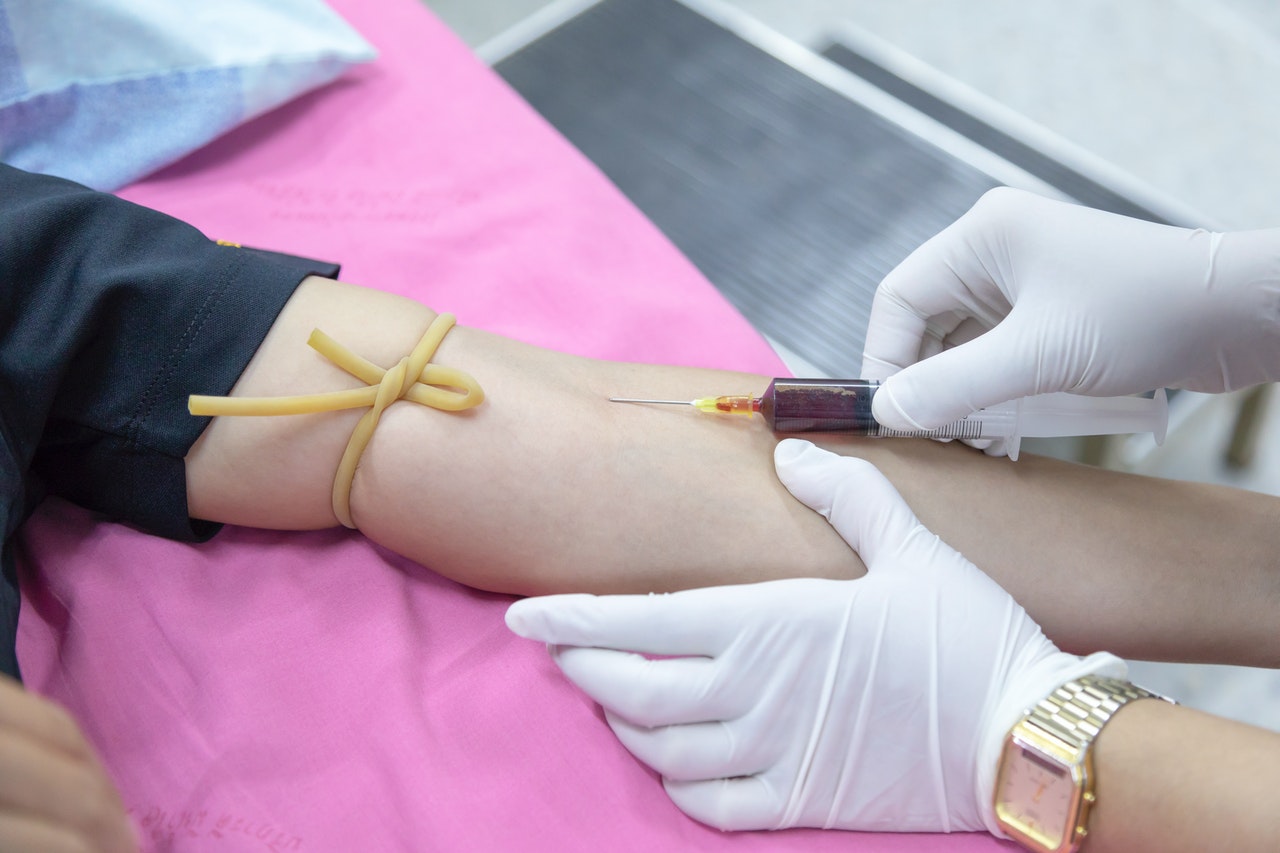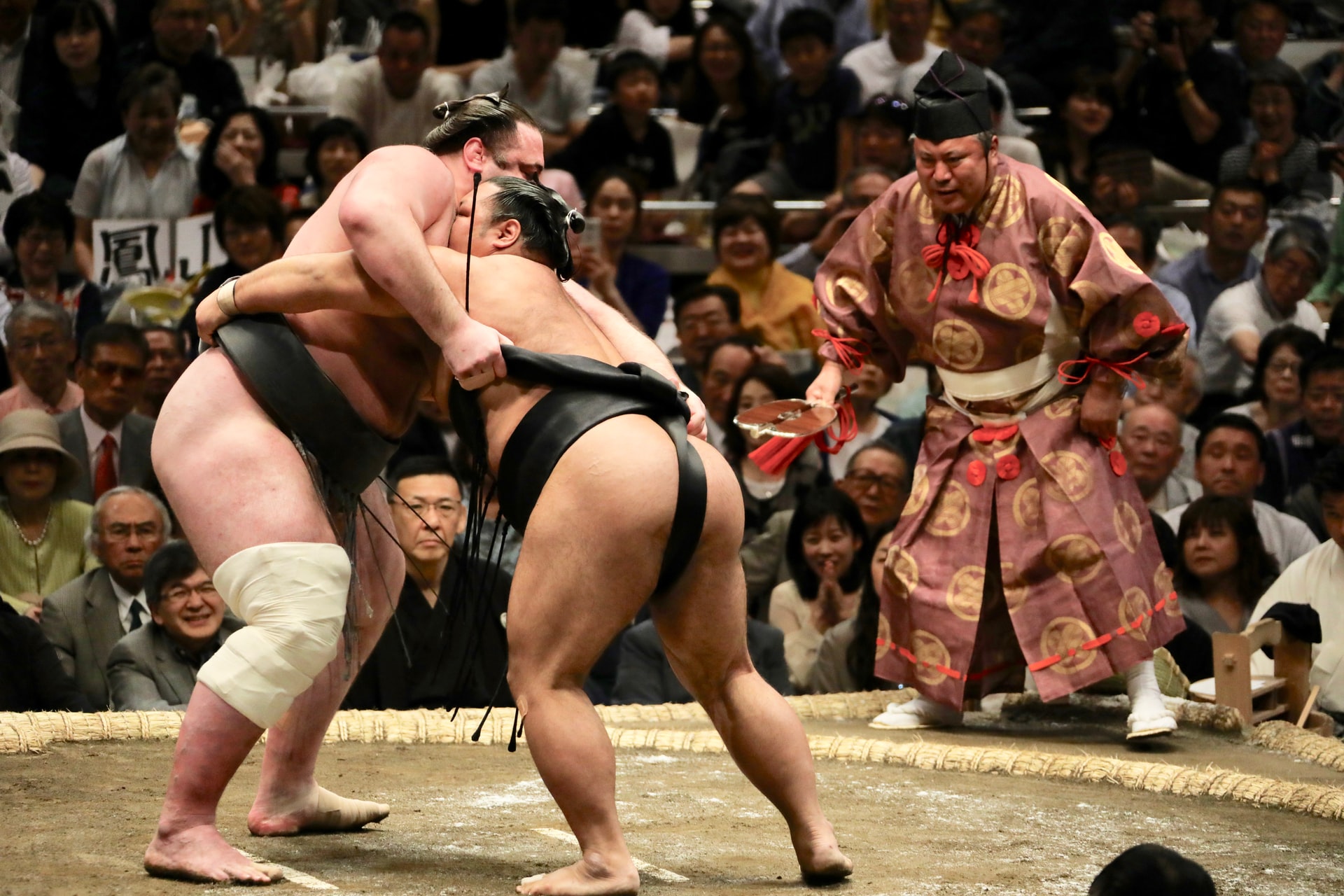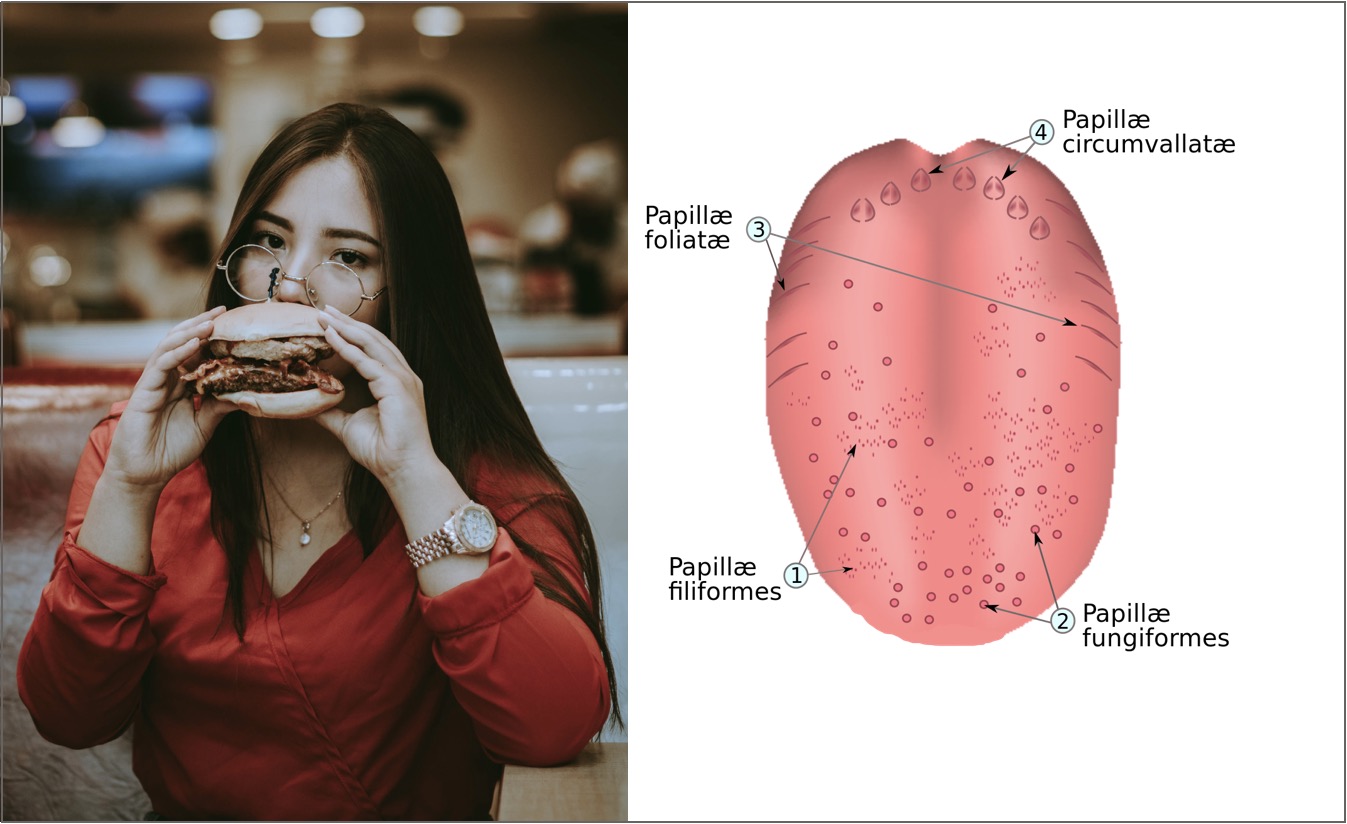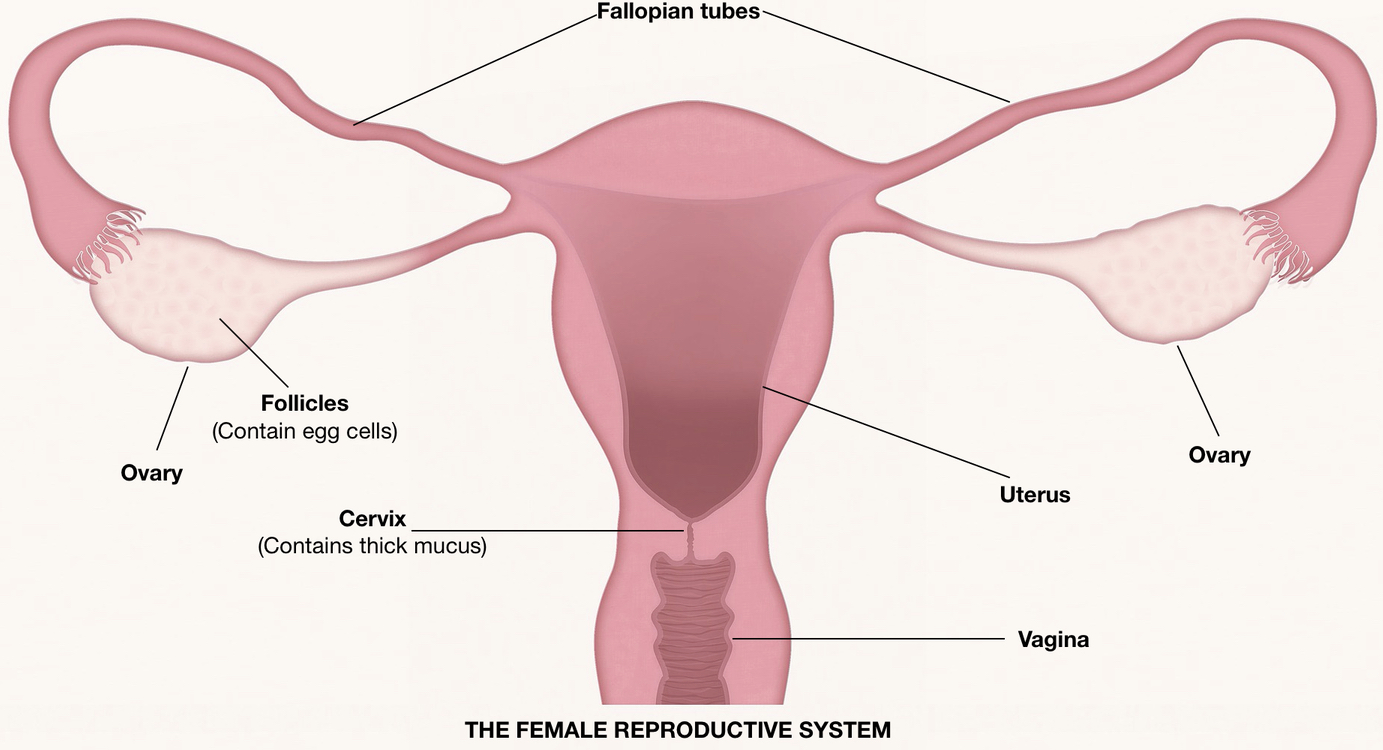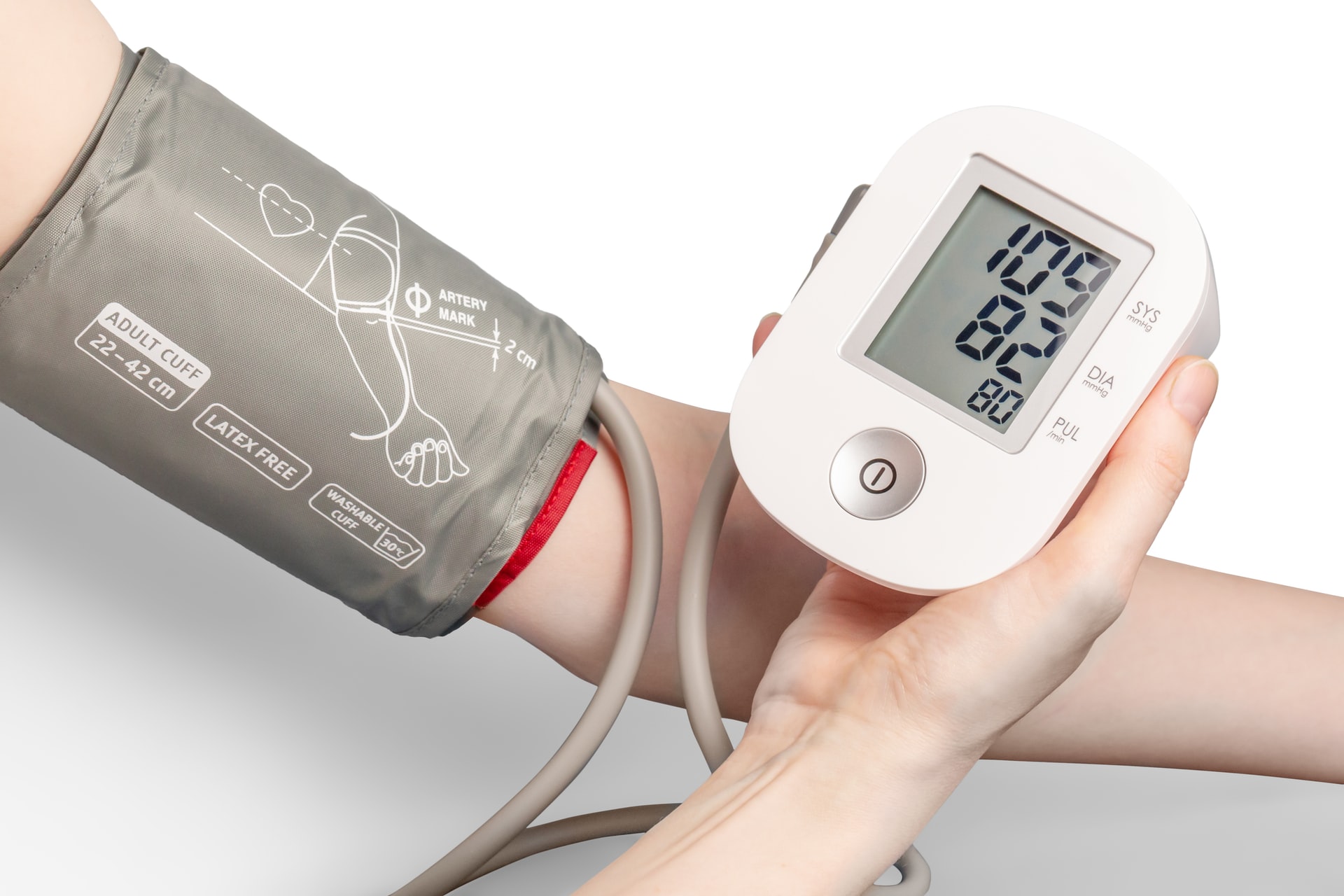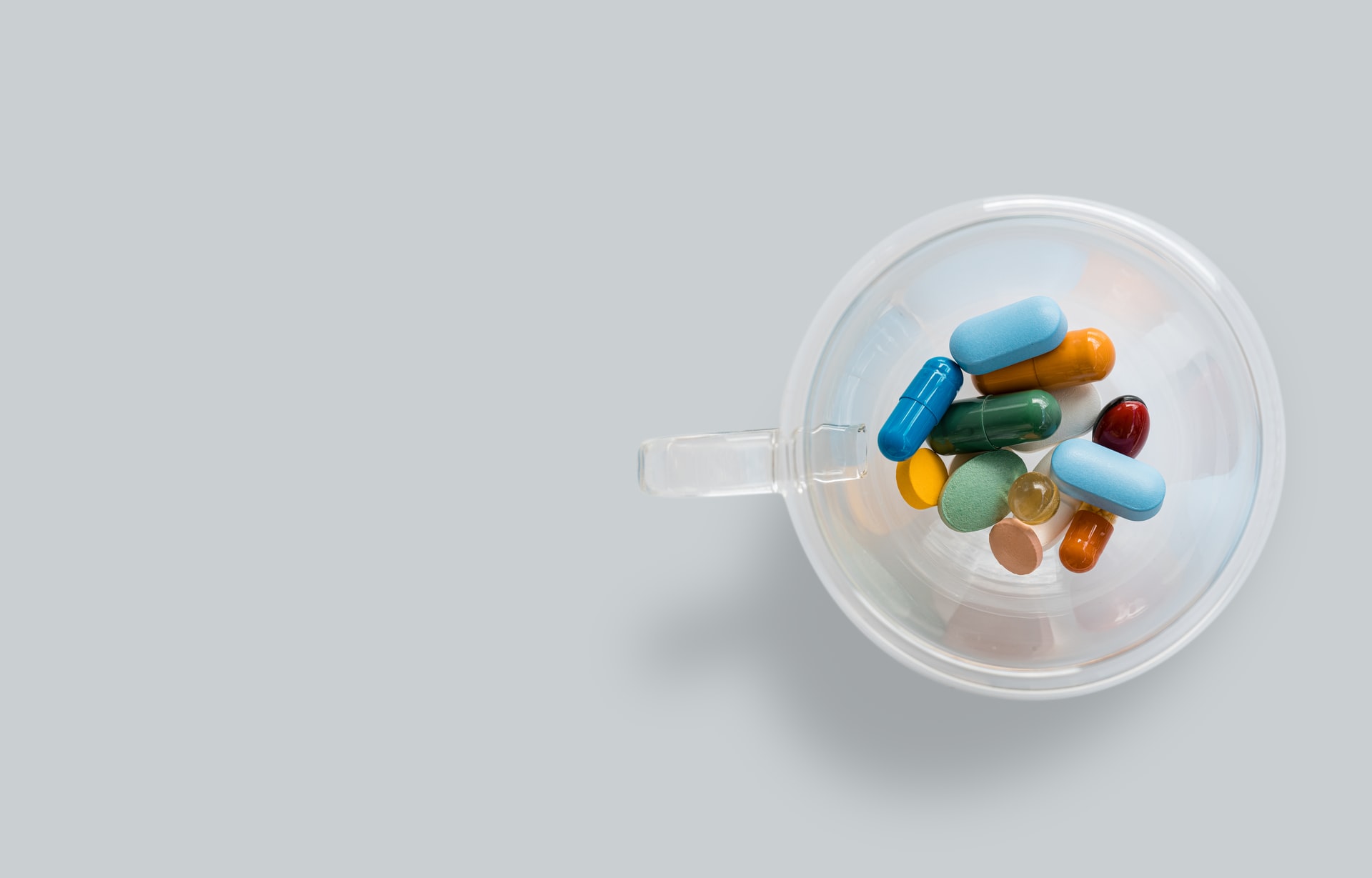Reading Time: 2 minutes
- When we come across danger, various changes happen in our body so that it is prepared to react to it i.e. fight or run.
- E.g., pupils of the eye expand for better light, and heart & breathing rates increase to provide the body with the energy & oxygen needed to fuel a rapid response to danger.
- The body performs these changes by pulling out energy from ‘non-essential-at-that-time’ functions and transferring that energy to functions, which will aid our survival.
- These non-essential functions include critical thoughtCritical thinking typically involves analysis by asking questions such as 1) What is the issue? 2) What are the reasons? 3) What are the assumptions? 4) How strong is the evidence? and feeling pain.
- So, being in danger makes us feel energized, pain-free, and not have any worrying thoughts.
- We experience a similar body response when performing high arousal activities such as watching horror movies or taking roller-coaster rides.
- While the body response is the same for everyone, the interpretation by individuals is different; some people get a high such as the one they get after an intense exercise, while others almost feel a panic attack at such loss of control over body functions.
- Experts say the interpretation of this body response depends upon whether one is a high-sensation seeker or a low sensation seeker.
- Sensation-seeking is defined as the tendency to seek out varied, complex, novel, and intense experiences and research has found that genes account for over 60% of the sensation-seeking variance.
- That means whether you seek high sensation or low sensation depends upon your parents, grandparents, etc.
- The remaining 40% could then be explained by your environment & associations with such experiences; e.g. if, when young, you were exposed to the right kind of scare in the right company, your brain may associate horror movies with ‘fun scare’.It shocked you but didn’t contribute to real fear.
- Another theory about people liking horror movies is the boost doing challenging things gives to their self-esteem.
- When we make it through to the end of a challenge, we feel significant and the mood-enhancing dopaminea chemical that generates a feeling of pleasure in the brain is secreted; high sensation seekers need a lot of stimulationThat sitting through horror movies successfully provide. to have adequate dopamine.
- Some people feel high arousal activities bring them closer to others & research also proves that just by watching our partner/friend during such experiences can activate those parts of our brain that are active in his/her brain.
- This not only intensifies our experience but also secretes oxytocin, a hormone known to promote a feeling of love and bonding.
- While these are some of the most accepted explanations of why some people love horror movies, science is still looking for a conclusive answer.
Image courtesy of Marcos Mesa Sam Wordley through Shutterstock
Reference shelf :

